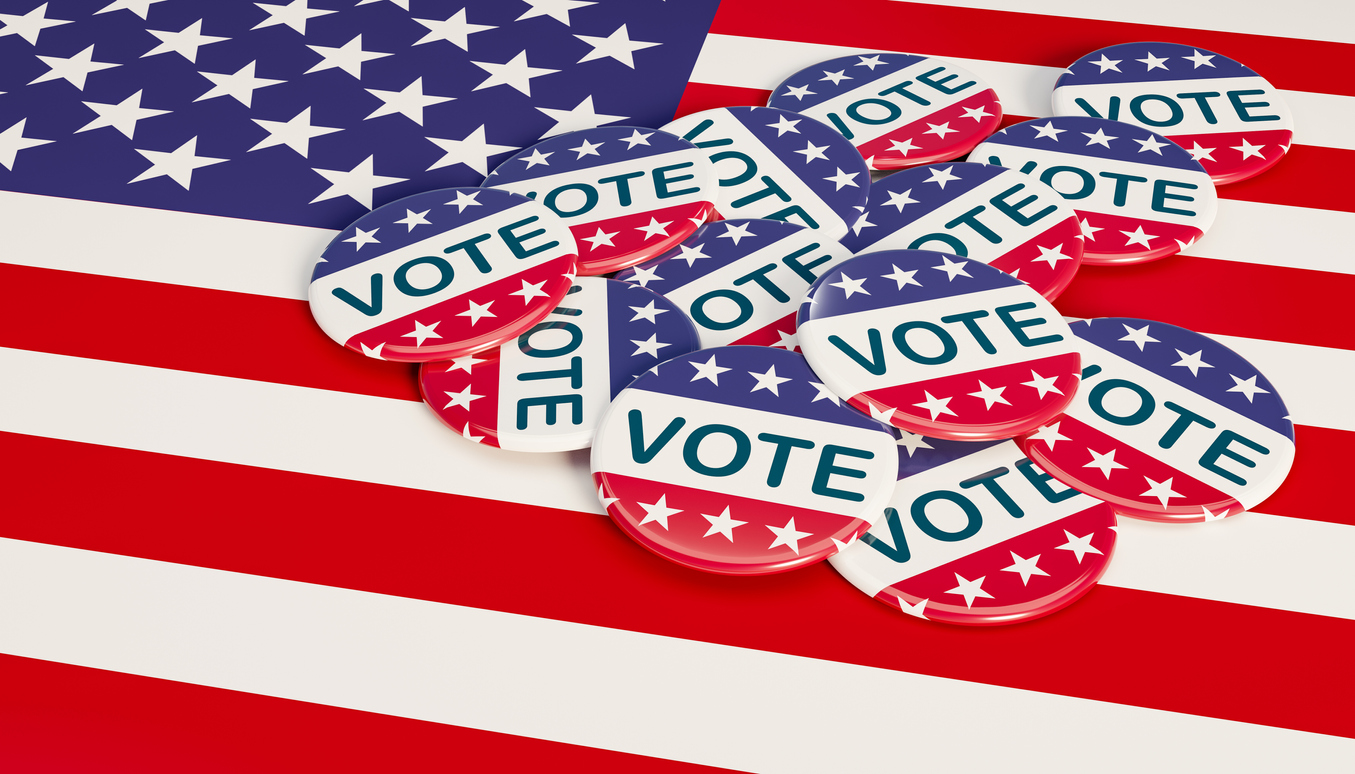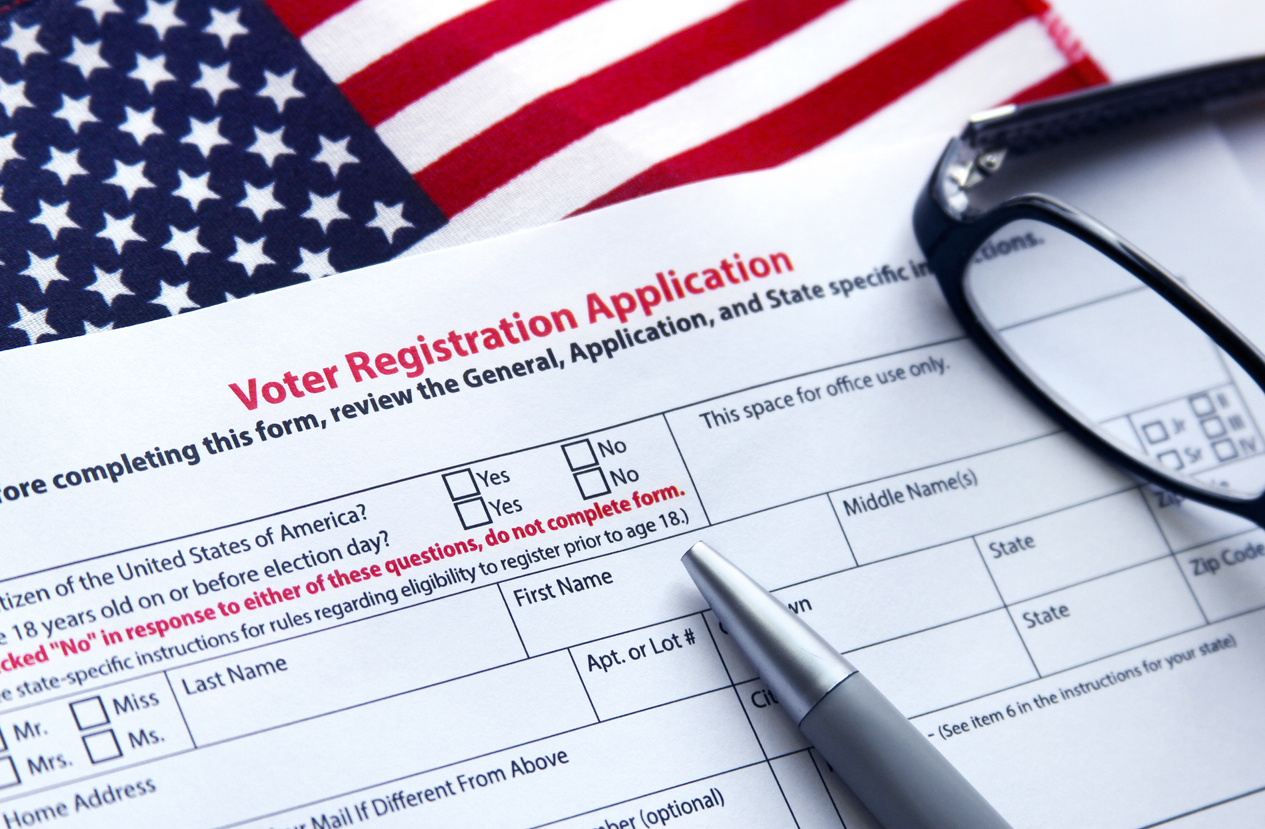
According to figures released by the U.S. Senate Finance Committee, in 2016, the brewing industry alone contributed more than $350 billion to the U.S. economy, directly and indirectly employing about 2.23 million Americans. The wine industry contributed $220 billion and 1.7 million jobs, and spirits contributed more than $173 billion and 1.5 million jobs.
This fast-growing industry is drawing the attention of lawmakers at the federal level and in state capitals across the country.
In today’s Legislative Update, we review some of the pending and recently passed legislation impacting these small business owners.
Federal Action
In an era when bipartisan action seems impossible in Washington, D.C., a group of Senators have found common ground on protecting the American craft brewing industry.
The Craft Beverage Modernization and Tax Reform Act of 2019 is aimed at reducing the burden of excise taxes and regulations on American brewers, vintners and distillers.
This truly bipartisan effort is being driven primarily by Senators Roy Blunt (R-MO), Ron Wyden (D-OR), Michael Bennet (D-CO), Tom Carper (D-DE), Bob Casey (D-PA), Shelley Moore Capito (R-WV), Cory Gardner (R-CO), Jerry Moran (R-KS), Rob Portman (R-OH), Pat Roberts (R-KS) and Debbie Stabenow (D-MI). Each of these Senators comes from a state that has a large and growing craft brewing industry.

This legislation would provide comprehensive reform, not just for brewers, but for the entire craft beverage industry.
Some of the major changes, according to the bill’s supporters, include:
- Reduced excise taxes for craft brewers and distillers
- Simplified rules for approving beer ingredients
- Removal of barriers to brewery collaboration
- Expansion of tax credits for wine producers
- Relaxation of rules regarding tax-free transfers of spirits between distillers
- Increased funding to streamline the Alcohol & Tobacco Tax and Trade Bureau
- Exemptions for beverage producers from complex capitalization rules for aged products, leveling the field between U.S. businesses and international competitors
Many of these provisions exist under current federal law, having been adopted in 2017, but were passed with sunset rules that would see them expire in 2019. Supporters of the Craft Beverage Modernization and Tax Reform Act believe making these provisions permanent will provide producers with the stability and flexibility to grow and create jobs.
Connecticut
In late January 2019, two pieces of legislation related to craft breweries in The Constitution State were introduced in the Connecticut General Assembly.
The set of proposals, introduced by State Representative Brandon McGee and State Senator Doug McCrory, would have barred breweries from selling their beer on site if they also distributed it for purchase off site. Among other things, this would have forced breweries to decide between running their own taproom or exclusively selling their product at restaurants or stores.

The measures were pushed by the state’s larger wholesale distributors and retailers who claim that current state law favors the craft industry at the expense of the larger outfits and restaurants. These groups claim that the smaller breweries are finding ways to skirt state regulations related to sales volume and pricing.
Major backlash from the state’s rapidly growing craft beer industry forced both measures to be withdrawn for now, but this is a debate that will continue in Connecticut until a compromise can be reached.
Florida
Following the end of Prohibition, the state of Florida joined a number of other states by introducing what is called a “three-tier” system for regulating the alcohol industry. In order to help prevent price-fixing and the formation of monopolies, no one business could manufacture, distribute and sell alcohol, separating the three tiers of the process.
On Tuesday, February 19th, the Florida Senate Commerce and Tourism Committee cleared Sen. Jeff Brandes’ Senate Bill 220 through committee.
Among other things, Brandes’ bill would permit Florida distillers to join the state’s breweries and wineries in selling their products directly, including shipping their spirits out of the state. The ability to ship out of state is a particular point of contention for Florida’s distributors, who are barred from doing so themselves, and have opposed Brandes’ proposal.
Distillers claim that they are simply seeking to be treated just like breweries and wineries, while the larger distributors are trying to frame the debate as a conversation about fairness.
Brandes’ bill also includes a number of measures that have failed to gain traction on their own in recent years, including:
- Allowing restaurant patrons to take home an unfinished bottle of wine from a restaurant, currently allowed only under specific conditions in Florida law
- Raising the amount of spirits that a distillery can produce in a year and still be considered “craft”
- Permitting the sale of wine in containers larger than one gallon, repealing the current state restriction of one gallon
South Carolina
As we have seen in a number of other states, the craft beer industry in South Carolina has undergone significant growth in the last several years.
The industry has benefited from some recent legislative successes, including the removal of limits on the alcoholic content of beer, and granting of permission for breweries to sell their product on site.
This year, the South Carolina Brewers Guild is looking to build upon these past successes, and have found an ally in State Senator Sean Bennett. There are a number of priorities the Guild is pushing for in this legislative session, and Sen. Bennett has pre-filed three pieces of legislation aimed at achieving some of those aims.

S164 would allow breweries to establish independent taprooms by removing the requirement that a brewery must actually produce beer on-site at a facility that has its product for sale.
S165 would allow breweries to transfer beer between multiple locations. Under current law, if a brewery had more than one location and wanted to transfer product, they would have to sell it to a distributor at one location and buy it back at the next.
Finally, S166 relaxes the restrictions on how much beer an individual customer can purchase at a time, currently limited to 288 ounces.
The Brewers Guild is hopeful these provisions will help foster further growth of their industry in the Palmetto State.
Tennessee
Like in a number of other states, state law in Tennessee has historically treated wineries differently from craft breweries. Under current law, wineries are able to self-distribute their product to stores within a 100 mile radius of the production facility. Breweries can only self-distribute within the county in which they operate.
In order to help create some parity, State Senator Jon Lundberg has introduced Senate Bill 0217, which will allow breweries who produce 50,000 gallons or less per year to self-distribute within that same 100 mile radius.
According to the Nashville Post, most of the state’s existing 85 breweries produce more than the 50,000 gallon limit, but this legislation would allow smaller breweries to expand and promote the creation of “nano-breweries.”
Texas
Craft beer aficionados in Texas find themselves in a uniquely inconvenient position under current state law. Texas is the only state in the nation that currently prohibits you from walking into certain breweries and walking out with any amount of beer to take home. Not a case, not a six pack, not even a growler can be sold to-go at these establishments.
Fortunately, Texas is also unique in the alliance that has sprung up around solving this problem. Unlike other states, where the larger distributors are at war with the craft brewers, both sides have decided to lay down their arms in Texas and work towards a common victory.

The Beer Alliance of Texas and the Texas Craft Brewers Guild have agreed to set aside their differences and support legislation that would permit Texans to buy up to two cases of beer to-go from “manufacturing breweries.”
This is where it can get confusing.
Under current Texas law, a brewery is classified as either a “brewpub” or a “manufacturing brewery.” A brewpub can produce up to 10,000 gallons annually and maintain its classification, while a manufacturing brewery can produce up to 225,000 barrels.
Brewpubs can operate taprooms, typically serve food, may have an easier time securing zoning rights, and, most importantly, can sell beer to go.
Manufacturing breweries can also operate taprooms, which are limited to 5,000 barrels in sales, but cannot sell beer to go in any format.
The new law would permit the manufacturing breweries to sell beer to go, with their sales counting against the 5,000 barrel limit.
Both the Beer Alliance and Craft Brewers Guild have agreed that neither will lobby to change these limits for at least 12 years, a compromise measure that allowed the alliance to succeed.
This marks a major potential shift in the Texas beer market, bringing the Lonestar state closer to parity with the rest of the country regarding the sale of beer-to-go at its breweries.
2019 promises to be a big year for the craft beverage industry, and we will continue to monitor any changes as they occur.
Latest News
Photo credit: iStock.com/yevtony Last week, the National Governors Association (NGA) elected Utah Governor Spencer Cox (R) as its new Chair and Colorado Governor Jared Polis (D) as NGA Vice Chair. Cox succeeds New Jersey Governor [...]
Photo credit: iStock.com/Torsten Asmus Texas voters have already submitted their ballots for the 2022 primary election. More states have their primary elections on the horizon. With the 2022 primary election season nearly upon us, many [...]
Photo credit: iStock.com/triocean DMGS has previously reviewed state government public health measures, as they have imposed and rescinded masking requirements. Now, over two years into the pandemic and after various COVID-related emergency declarations being implemented, [...]
Photo credit: iStock.com/outline205. Automatic voter registration allows eligible individuals to become automatically registered to vote when they interact with certain agencies in the government, such as a state agency overseeing motor vehicles. While most people [...]






Stay In Touch